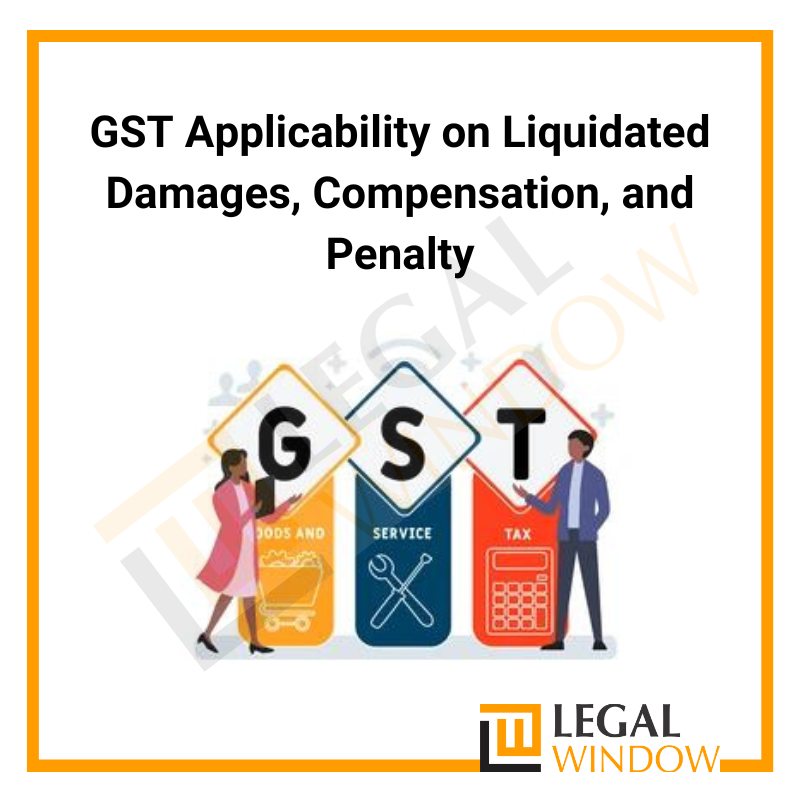Latest Post and Updates

The 47th GST Council meeting held on June 28th and 29th, 2022, produced a new proposal stating that GST will be levied at 5% on pre-packaged and labeled food items beginning July 18th, 2022. This was announced in Notification No. 06/2022-CT (Rate) on July 13, 2022. This idea comes after…
In a circular dated August 3, 2022, the Central Board of Indirect Taxes and Customs (CBIC) clarified the application of the GST to various taxes, fines, and penalties resulting from contract violations and other situations. The circular has examined a wide range of situations when one party recovers a charge,…
An Indian residing abroad is generally known as a Non-Resident Indian (NRI). NRI means a person residing outside India who is a person of Indian origin or a citizen of India. Let us know about the Non-Resident and types of transactions under FEMA. Table of Contents NRI as per FEMA…
Section 149 of the Companies Act of 2019 regulates the composition of the board of directors. In the case of a public company, there are at least 3 directors. In the case of some companies, it also counts as one female director. In addition, every listed company must have at…
A key expectation of members of self-governing professions is that they accept legal and ethical responsibility for their work and put the interests of the public and society first. One of the essential features of the profession is to adhere to strict codes of conduct maintaining strict ethical and moral…
Going public is certainly a very important milestone in a company's life. An initial public offering (IPO) happens only once in a lifetime during a Company's journey. This article discusses What is Initial Public Offering (IPO) & How It Works, and the Benefits & Disadvantages of IPO Steps in an…
Every coin has two faces and so the same applies to the concept of GST implementation in India. Of course, this is the biggest tax reform in post-independence India and hence will have a huge and direct futuristic impact on the economic front. However, there are also a few negotiable…
India is among the fastest growing economies in the world with plenty of business opportunities making it a preferred investment destination for NRIs, foreigners, and foreign companies. There are many ways in which foreign investment can be made in India. One of the most successful and sought-after ways of registering…
Every Section 8 company is required to carry out annual compliance tasks under the Companies Act, 2013 and the Income Tax Act, 1961. This ensures that the company is trustworthy and reliable while avoiding penalties for non-compliance. Compliance tasks need to be done throughout the year and can be tedious.…
If the company does not start operations within one year or the company does not carry out any business activity for 2 years, then in such a case, following the provisions of Section 248, sub-section 1 of the Companies Act, the ROC may issue a notice to the company to…
Categories
- Agreement Drafting (23)
- Annual Compliance (13)
- Change in Business (37)
- Company Law (150)
- Compliance (90)
- Digital Banking (3)
- Drug License (4)
- FEMA (17)
- Finance Company (42)
- Foreign Taxation (9)
- FSSAI License/Registration (15)
- GST (124)
- Hallmark Registration (1)
- Income Tax (214)
- Latest News (36)
- Miscellaneous (170)
- NBFC Registration (8)
- NGO (18)
- SEBI Registration (6)
- Section 8 Company (10)
- Start and manage a business (27)
- Startup/ Registration (134)
- Trademark Registration/IPR (48)










